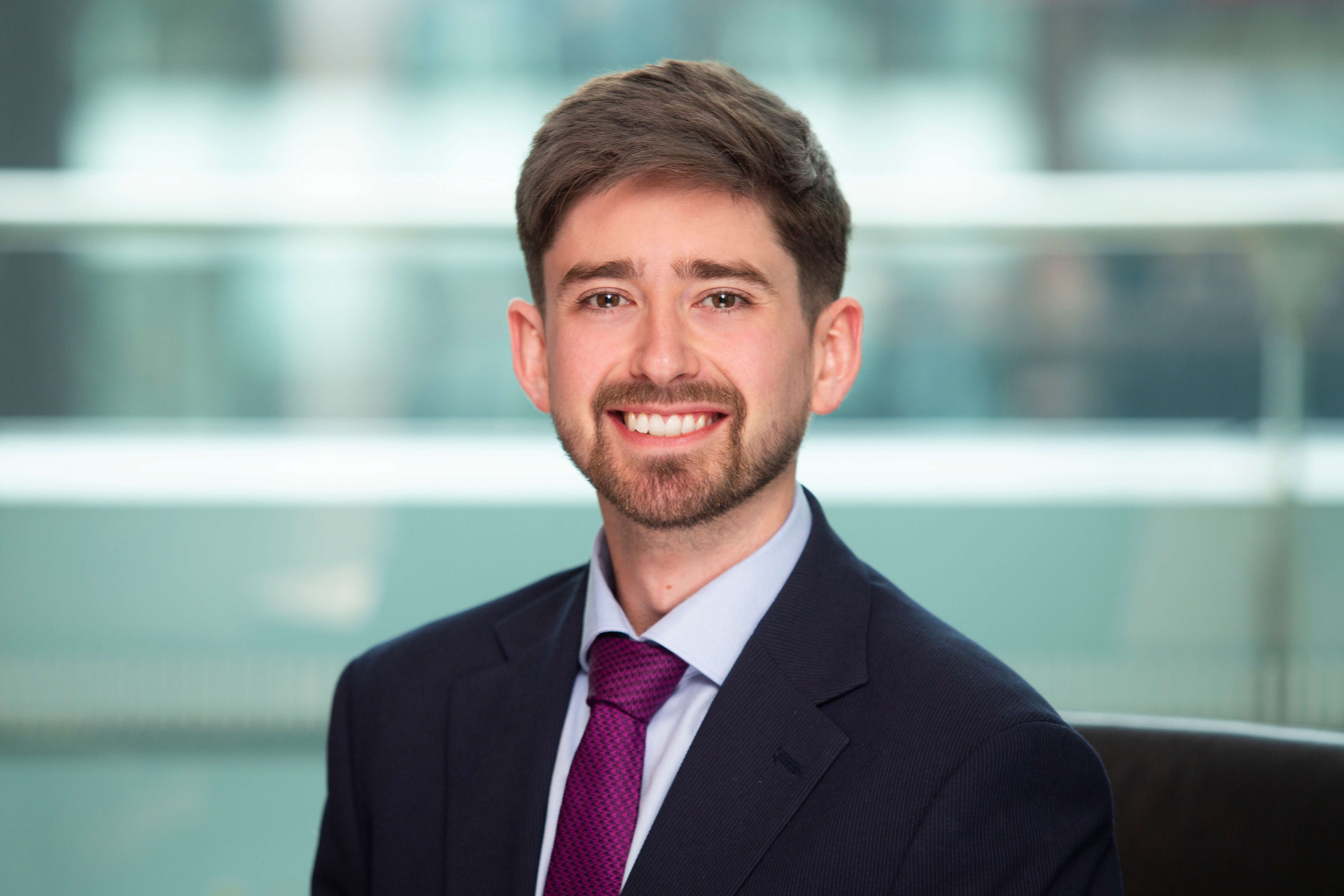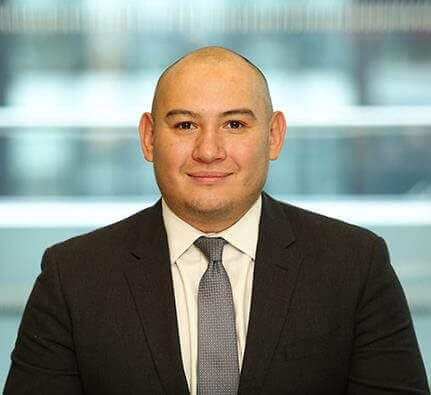The Hindsight Trap: A Cautionary Tale for Claimants?
Law and Belief: Navigating clinical certainty and spiritual conviction in the withdrawal of CANH
-
Legal Development 15 August 2025 15 August 2025
-
UK & Europe
-
Regulatory movement
-
Healthcare
Clyde & Co supported an NHS Trust in a complex Court of Protection application seeking declarations that Clinically Assisted Nutrition and Hydration (CANH) was no longer in the best interests of a patient in a vegetative state, a category of prolonged disorder of consciousness (PDoC).
Ultimately, the court placed greater weight on the patient’s spiritual beliefs, including messages conveyed to his family via a spiritual medium, than the medical evidence and Trust's assessment of best interests.
The judgment rightly centered on YD’s best interests, framed by his strong spiritual convictions. However, wider systemic issues also emerged during proceedings. The Trust recognised the need for timely applications in such cases, balancing the imperative to act promptly (when treatment is deemed to no longer be in the patient’s best interests), against the risk of prolonged admissions to acute neurorehabilitation beds instead of community placements. There was no suggestion of delay by the Trust in this case. However, key issues raised include:
- Whether the Integrated Care Board (ICB) should be a formal party to proceedings;
- Whether informal ICB engagement, as occurred here, is sufficient;
- Whether patients should be placed in community settings pending court outcomes.
The Official Solicitor noted ambiguity around whether the application would still have been brought if YD was in a nursing home. Whereas the Trust concerns were whether YD should have been transferred to a nursing home earlier, with proceedings initiated there. Mrs Justice Theis emphasised that ICBs must take a proactive role, ensuring timely action, appropriate representation, and seeking urgent court directions where necessary.
Application
Clyde & Co prepared the evidence and applied to Court as there was no prospect of recovery. The medical evidence was unequivocal: there was no prospect of recovery, only deterioration. As put by the expert, Dr Hanrahan: “The diagnosis is stark. I cannot think of any prospect of recovery. All that remains is opportunity to deteriorate – and he will: he’ll aspirate or get an infection and that will be a distressing situation to manage and it will happen, on the balance of probabilities, in the next weeks or months. There will likely be neurological deterioration too. […] What we have here is chronic permanent severe brain failure.”.
It was therefore submitted that it would be in YD’s best interests to withdraw CANH and commence palliative care.
The family strongly disagreed. While they largely agreed with the medical diagnosis, they believed that YD could still communicate with them via a spiritual medium, that he held very deep spiritual beliefs and could ‘heal himself’ if given more time. They maintained that YD would have wanted life-sustaining treatment to continue and that he would “go when he was ready.” Throughout proceedings, the family’s devotion was evident. They were by YD’s bedside for six hours a day, advocating for his care. As the Trust witness noted: “There is no reason to doubt their love and care for YD.”
The final hearing took place in August 2024 before Mrs Justice Theis. The Trust was represented by Eloise Power. YD, by his litigation friend the Official Solicitor, was represented by Katie Gollop KC. YD’s family were represented by Andrew Hockton (acting pro bono). All the barristers were of Serjeants Inn’.
The central issue was whether YD’s spiritual beliefs and values outweighed the clinical realities.
Judgment
Ms Justice Theis accepted the medical evidence that YD was in a permanent vegetative state. However, she gave significant weight to YD’s spiritual convictions, including his belief in healing through the mind and spirit, and the family’s assertion that he could still communicate via a spiritual medium.
The court found YD’s beliefs to be sincerely held, serious, and worthy of respect. Ultimately, Mrs Justice Theis concluded that continuing CANH was in YD’s best interests, stating: “YD’s long-standing interest in the healing power of the mind, spirit or soul would very likely be values that would inform his decision if he had capacity.”
This judgment placed greater emphasis on YD’s past and present wishes, feelings, and beliefs than on the clinical recommendation to withdraw treatment.
Case commentary
This was a tragic and unusual case, shaped by YD’s deeply held spiritual beliefs and the presentation of evidence suggesting he could still communicate via a spiritual medium. While the case does not establish new precedent regarding the use of spiritual mediums in court, it reinforces a core principle of the Court of Protection: that a person’s wishes, feelings, and beliefs must be given meaningful consideration when determining what is in their best interests.
A significant aspect of the evidence was the spotlight it placed on the challenges faced by acute Trusts in managing patients in prolonged disorders of consciousness, and the question of who should initiate applications of this nature. The judgment acknowledged concerns about whether the Trust was the appropriate applicant, however that there is still no judicial steer that the ICB, with its broader oversight of care pathways and funding responsibilities, should lead the process.
Mrs Justice Theis highlighted the need for clearer guidance on when and how ICBs should be involved in Court of Protection applications. While the court found no fault with the Trust for bringing the application and confirmed it was the correct course of action, the judgment underscored that each case must be assessed on its individual facts.
Where disputes concern placement rather than treatment, a separate application may be required. Mrs Justice Theis acknowledged that resource constraints are real and commended the Trust for raising the issue. She indicated a desire to establish a working group to explore these challenges further.
Importantly, the judgment reinforced that ICBs cannot remain passive. Mrs Justice Theis stated that ICBs must take a proactive role, avoiding delays, ensuring all relevant parties are represented, and seeking urgent directions from the court where necessary.
Clyde & Co's healthcare group is recognised for its extensive industry knowledge, offering a range of legal services covering public and private sectors as well as inquests, advocacy, professional regulation, product liability and pharmaceuticals/life sciences. Should we be able to assist you, please do contact one of our experts.
End

